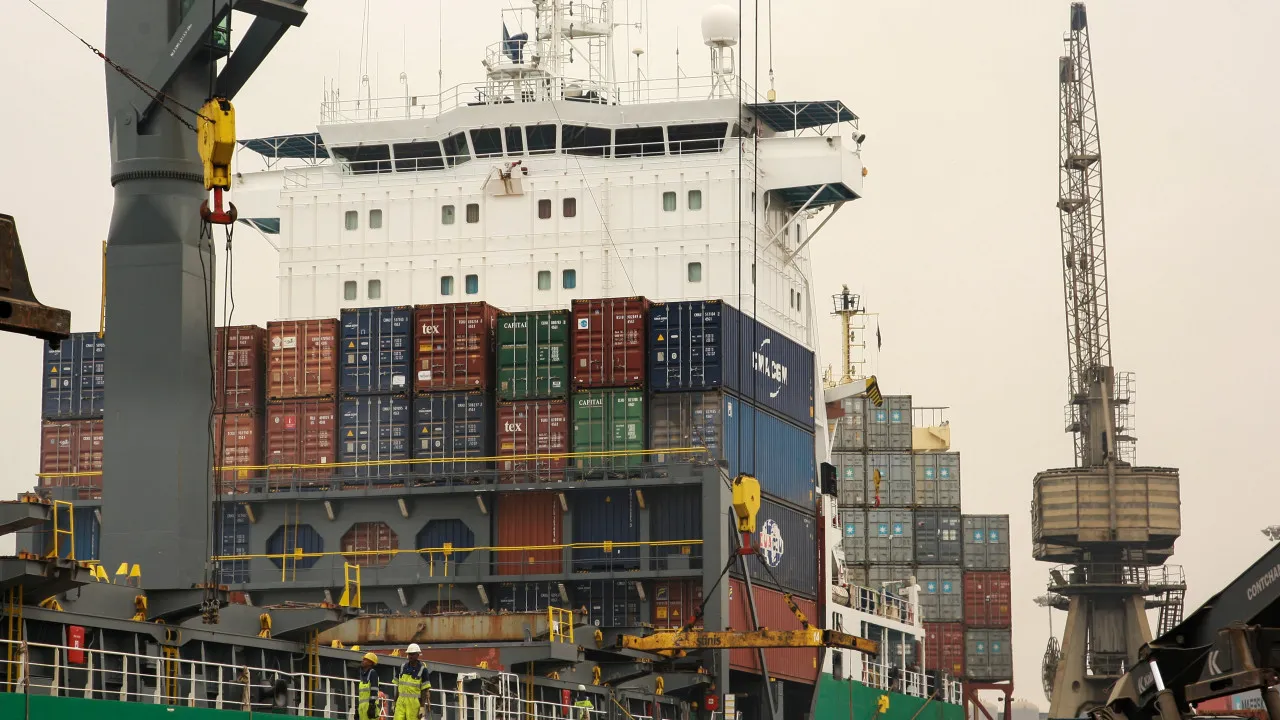
The strategic railway infrastructure connecting Port of Lobito in Angola to the Democratic Republic of Congo (DRC) remains a focal point in U.S. economic diplomacy. This was highlighted during visits by former President Joe Biden in December 2024 and a delegation of ambassadors led by U.S. diplomat James Story in April.
The project enjoys the backing of the G7, the European Union, the U.S. International Development Finance Corporation (DFC), and the Export-Import Bank of the United States (Exim Bank). It is hailed by James Story and accompanying European diplomats as a model for international cooperation.
However, while the DFC had announced $250 million USD (€230 million) in February 2024, along with a planned $553 million (€509 million) for railway and port modernization, these funds have yet to be disbursed.
The Lobito Rail Corridor concession holder, LAR consortium, has downplayed this issue, stating that stakeholders continue to support ongoing investments.
Despite the growing prominence of the Lobito Corridor, U.S. presence in Angola remains predominantly in the oil sector.
Chevron has operated in Cabinda since 1954 through its subsidiary, Cabinda Gulf Oil Company (CABGOC), focusing on crude oil exploration and production.
ExxonMobil (Esso) has significant operations, including Block 15, and announced potential investments reaching $15 billion USD (€13.8 billion) by 2030.
In 2013, the Angola LNG consortium, led by Chevron, commenced liquefied natural gas production operations in Soyo, with a 5.2 million-tonne annual capacity.
In the energy sector, Halliburton and other oil and gas service providers remain active in Angola.
In recent years, the diversification of Angola’s economy has been a shared focus for the Angolan government and U.S. investors.
Since 2022, Exim Bank has declared $2.9 billion USD (€2.7 billion) in financing for projects in Angola, primarily in renewable energy, infrastructure, and telecommunications.
Notable is Exim Bank-backed Sun Africa’s solar park installations and Africell’s (a Lebanese-origin telecom operator with American capital) commencement of commercial operations in Angola in April 2022, enhancing market competition.
The U.S. formally recognized Angola’s government in 1993, establishing diplomatic relations.
Since then, relations have developed through investments and agreements such as the Trade and Investment Framework Agreement (TIFA), outlining a commercial cooperation framework, and the African Growth and Opportunity Act (AGOA), allowing duty-free access for thousands of African products to the U.S. market.
In health and security, partnership efforts include HIV/AIDS combat programs, laboratory capacity enhancement, vaccination, and epidemiological surveillance support. Some initiatives faced cuts due to USAID (U.S. Agency for International Development) budget restrictions under President Donald Trump.
In education, the U.S. Embassy in Luanda offers Fulbright scholarships for master’s and doctoral programs, and research opportunities in the U.S.




